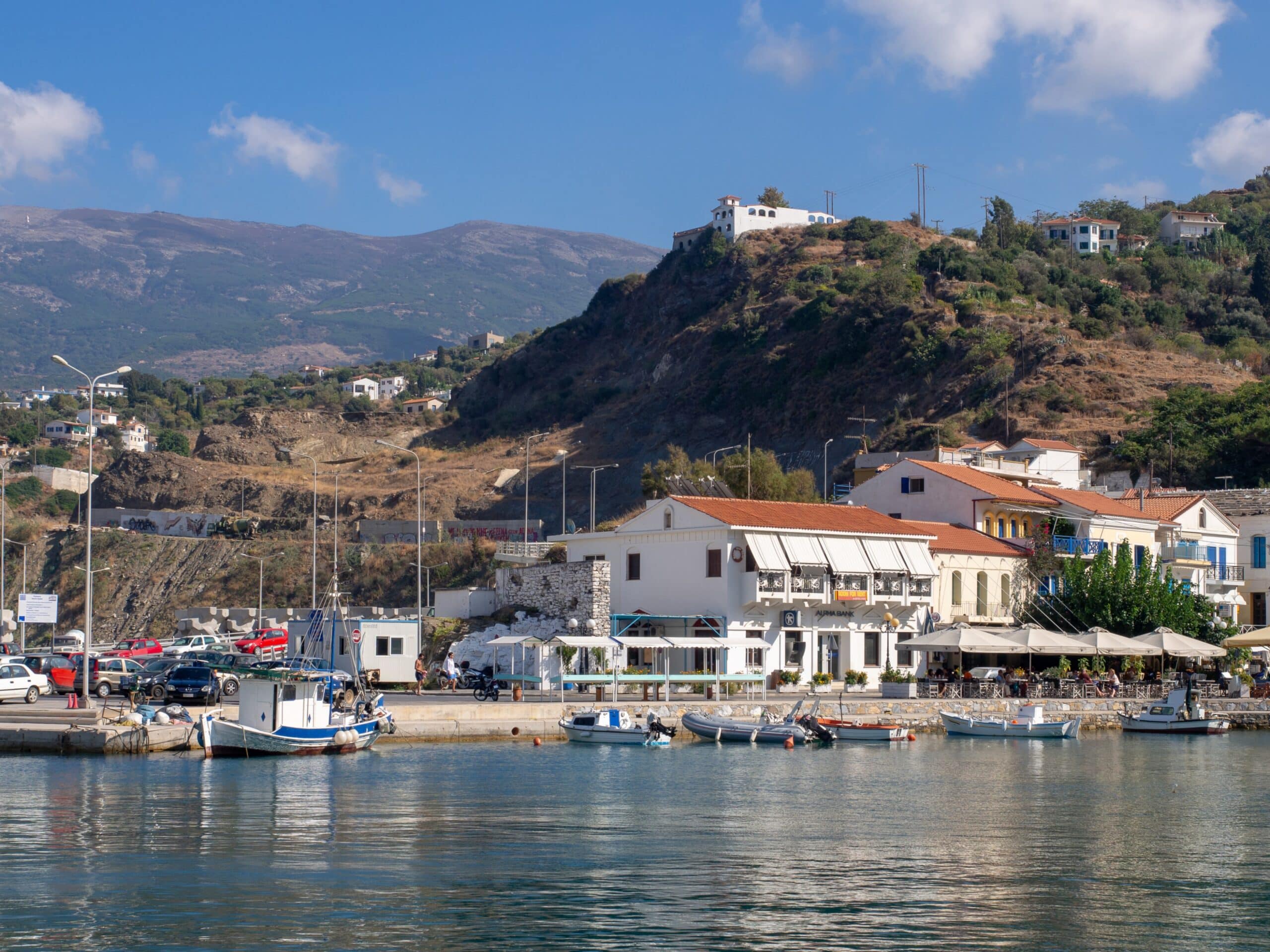Nicoya, Costa Rica is one of these towns which is surrounded by a tropical forest and beaches; Sardina, Italy and Ikaria Greece are two more of these cities on rocky islands in the lovely waters of the Mediterranean; another is Okinawa in the Japanese archipelago; and the last is Loma Linda the small city in California whose name means beautiful hill.
These cities could not look more different besides being scattered in different areas of the world. But these five Blue Zone locations are perhaps among the best places to be born for those wanting a long and healthy life, these places have at least a 10 times increased chance of living to be 100 years old.
Belgain demographer Michel Poulain and Italian epidemiologist Gianni Pes penned the term Blue Zone in the early 2000’s and since then their work has inspired other scientists to continue the research into these areas, generating many intriguing hypotheses regarding what may explain the exceptional longevity lottery experienced in these regions.
Blue Zone residents share certain characteristics and general patterns. The first of these is diet, many tend to eat in moderation only eating until they are about 80% full which according to studies translates to eating about 10% fewer calories than current recommendations for the average adult. In addition to being fairly frugal these Blue Zone diets are primarily plant based, which can also contribute to better health and well being.
Although we don’t fully understand the mechanisms, calorie restricted diets have been shown to have a markedly decreased risk of age related disease such as heart disease, diabetes, and cancer. Calorie restriction seems to reduce the build up of toxic free radicals that can damage cells, and it causes the body to experience very mild stress to signal the focus on the maintenance of cells; this may decrease the risk of forming damaging mutations in our DNA.
“Calorie restriction appears to reduce DNA damage and improve DNA repair,” says Diddahally Govindaraju, a geneticist at Harvard University. “And genome integrity appears to be a feature among centenarians.”
Centenarians in these Blue Zones also tend to live in highly integrated communities, this sense of social connection helps to reduce stress and the responsibility of maintaining these relationships serves to encourage greater overall mental as well as physical activity. Religion may also factor in, in one study all but 5 of 263 Blue Zone centenarians were part of some kind of spiritual community. This additional social connection may help to offer a sense of purpose to life and offer solace in times of need which together may add between 1-5 years to life expectancy. But one does not need to have faith to enjoy these same benefits as secular assemblies can offer non-religious time for meditation, contemplation, mindfulness, and social support from other like minded people which should have many of the same life enhancing effects without the belief of divinity. The connection to nature is also believed to have similar benefits to life expectancy.
When it comes to specific elements of diet many in these Blue Zone enjoy their brews; most are known to drink a few cups of teas and coffee which appears to be associated with reduced cardiovascular disease. This effect may be due to them containing many micronutrients that promote beneficial metabolism of glucose as well as acting as antioxidants that help to combat toxic free radicals and inflammation which may contribute to many age related diseases.
In Okinawa two common ingredients have generated much interest; sweet potatoes and bitter melons. Rice may be the staple carb in Japan but here the sweet potato is the most common since being introduced in the 1600s. Unlike other carbs such as bread it has a low glycaemic index, and it is rich with nutrients and antioxidants that reduce inflammation, combat free radicals, and reduce blood pressure. It is also high in fiber and low in cholesterol and saturated fat which can help to reduce the risk of chronic disease. Bitter melon contains compounds that may stabilize glucose uptake and metabolism.
Besides living in breath-takingly tantalizing and tranquil locations, the landscape of the Blue Zones may also offer clues to their longevity. Such as in the Sardinian Zone which is a rugged terrain where most of the centenarians are farmers that navigate the steep slopes to walk most everywhere they go, the increased physical activity adds to their already physical day to day lives and makes them athletes in their own way.
The extended longevity experienced in these Blue Zones can not be restricted to a single magic ingredient, rather it is a combination of many factors. Some of these factors are shared between the regions, and some are unique to each region. These may not be as exciting as the discovery of a magic elixir but regardless there are many tips we can take from these discoveries that come down to making better lifestyle choices.
To experience an increased health and lifespan one would do well to eat moderately consuming plenty of whole food choices such as fruits and vegetables, getting plenty of exercise, drinking tea, managing stress, finding space to practice mindfulness of spiritual solace whether that be in a long walk in nature or house of worship, and maintaining social connections. Based on these longevity warriors, and science, these are all things that we can do now to incorporate into our lives to enjoy the benefits of slowed aging.




